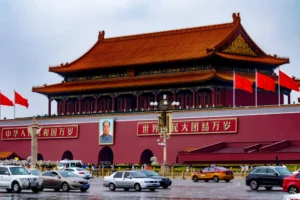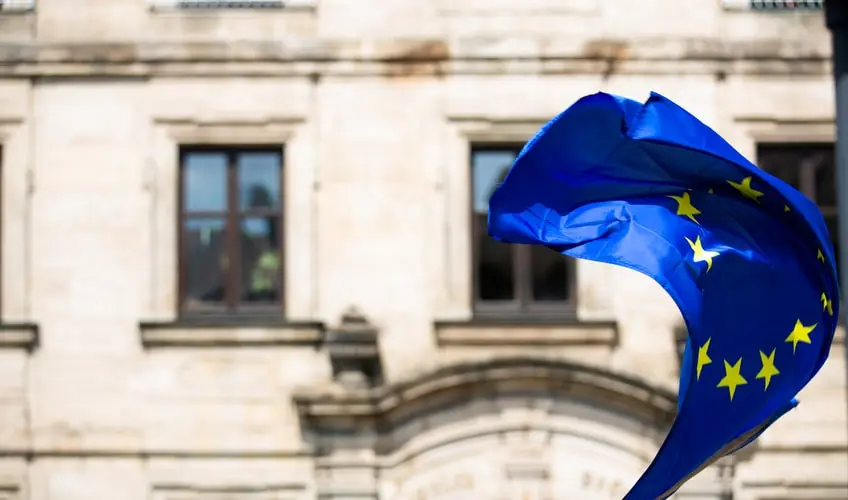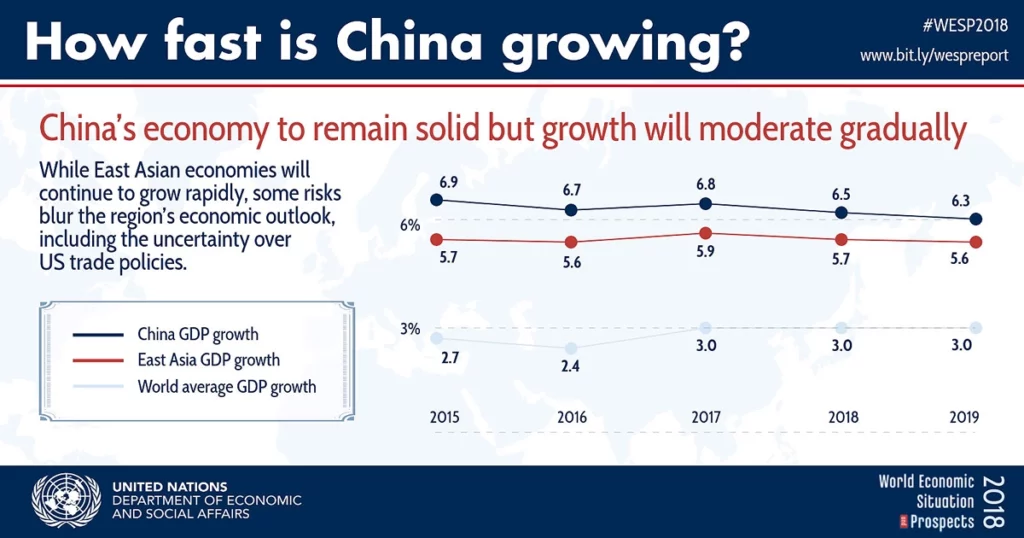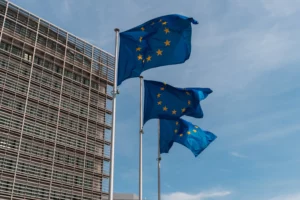
Is the China-Europe Relations at a Crossroads in 2024?
Navigating the crossroads of China-Europe relations: Discover the balance of cooperation, competition, and the path ahead in 2024.

The seismic rise of China’s economic prowess is reshaping the contours of global power dynamics, compelling industrialized nations, particularly in Europe, to undergo substantial adaptation. The implications of China’s ascendancy demand a departure from traditional economic paradigms, necessitating a strategic overhaul on the part of European governments.
In the face of China’s growing dominance, European nations can no longer rely on simplistic competitions among national production systems to secure global market shares. The sheer scale of Chinese industry’s upward trajectory requires a nuanced response. This response involves prioritizing investments, fostering innovation, enhancing human capital through education and lifelong training, and ensuring inclusive participation in the labor market. It’s a shift away from wage moderation, the promotion of low-value industries, and inter-state tax competition. Europe must evolve beyond the uncooperative policies of the past 15 years, embracing innovative political and economic solutions to stay competitive in this new era.

China’s integration into the international legal order and institutional landscape is an undeniable reality. Despite the setbacks of the Copenhagen summit, China’s accession to the World Trade Organization in 2001 marked a pivotal moment. It triggered significant legal reforms within China, aligning its laws with international trade standards and principles of the rule of law. The ongoing reforms, spanning bankruptcy, banking, competition, anti-dumping, administrative, and social laws, underscore China’s commitment to aligning with global norms.
Europe’s response should lean towards collaboration and multilateral engagement. Unilateral measures, such as sporadic increases in customs barriers, are not only counterproductive but also futile against China’s economic might. China’s retaliatory capabilities, bolstered by its market and currency strength, make cooperation the rational choice for industrialized nations. The potential benefits of collaboration, from the gradual appreciation of the Yuan to accessing the expansive Chinese market, position cooperation as the linchpin of successful future relations between Europe and China.
As Europe grapples with the multifaceted challenges posed by China’s ascent, it faces a transformative opportunity. Departing from conventional strategies and embracing change, Europe can position itself as a proactive architect of a harmonious and collaborative global economic order. The emphasis should be on strategic vision, adaptability, and leveraging collective strengths to navigate the complexities of global economic interdependence.
In essence, the rise of China beckons Europe to not only respond to change but actively shape a collaborative future. By navigating this evolution with resilience, innovation, and cooperative spirit, Europe can emerge not just as a witness to China’s rise but as a key contributor to a shared destiny on the world stage. The journey ahead demands strategic foresight, emphasizing the potential for collaboration over confrontation, setting the stage for a symbiotic relationship that transcends geopolitical tensions. Europe and China, in this dynamic interplay, have the opportunity to co-author a narrative of mutual prosperity and understanding.


Navigating the crossroads of China-Europe relations: Discover the balance of cooperation, competition, and the path ahead in 2024.

Delving into history, culture, and geopolitics, this article unravels the intricate relationship between Russia and Europe, addressing the perennial question, “Is Russia a Country in Europe?

The European Union faces major challenges, including peace and defense, socio-spatial disparities, relations with the US, and EU’s efforts to address these challenges.